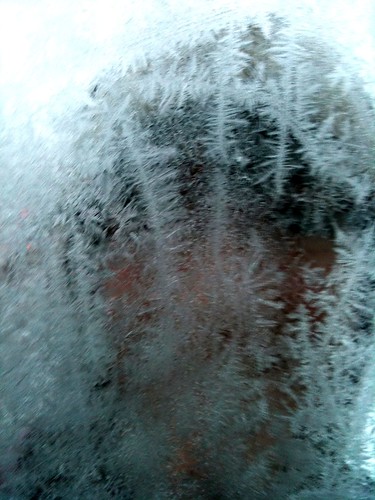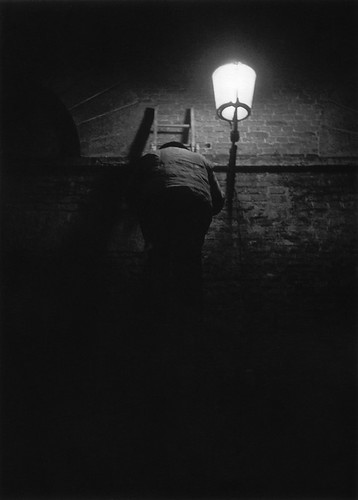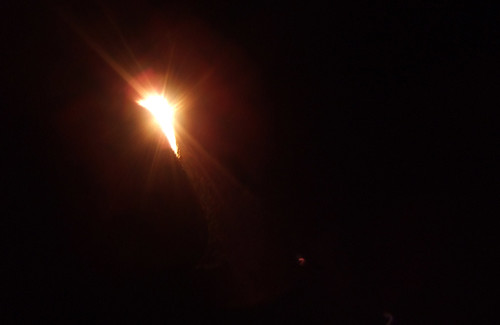by Adiba Jaigirdar

The matchsticks in the broken drawer don’t tempt me now that you’re gone.
We sat on my bed and shared scorch marks like stories of old boyfriends. The one between your thumb and forefinger? Two years ago. Darkened to a deep shade of brown on your already dark skin. I’d be lying if I said I didn’t love it. I’d be lying if I said that I didn’t dream about it with my eyelids half closed, imagining you beside me, imagining me running my fingers along that scorch mark.
I like the one on your right shoulder the best. It’s nothing but a giant brown blob. There’s a strange beauty in it. Perhaps the most enticing thing about is the way you showed me, slowly rolling up the sleeves of your overly-long, baggy t-shirt.
My scorch marks seem like nothing in comparison. Even now.
Fire has lost its delight too, since you left. Like I never understood the spark, the heat, until you brushed your fingers along my collarbone.
Those two months, sharing stories on my bed, our limbs entangled in each other carelessly; those were the days I was on fire.
The matches, the bedroom, the lick of fire against my skin? Nothing without you in it. No spark.
 Adiba Jaigirdar is a twenty-two year old writer and poet. She is of Bangladeshi descent but Irish by nationality. She has graduated from University College Dublin with a BA double major in English and History, along with an MA in Postcolonial Studies from the University of Kent. She has previously been published in literary magazines such as About Place Journal, wordlegs and Outburst. You can find her on twitter at @adiba_j.
Adiba Jaigirdar is a twenty-two year old writer and poet. She is of Bangladeshi descent but Irish by nationality. She has graduated from University College Dublin with a BA double major in English and History, along with an MA in Postcolonial Studies from the University of Kent. She has previously been published in literary magazines such as About Place Journal, wordlegs and Outburst. You can find her on twitter at @adiba_j.


 Sandra has been a director, a business owner, a project manager, a bookbinder, and a mother. Her current passion is reading and writing in Calgary, Alberta, Canada, where she lives with her husband, two amazing children, and a gecko named Captain Doug.
Sandra has been a director, a business owner, a project manager, a bookbinder, and a mother. Her current passion is reading and writing in Calgary, Alberta, Canada, where she lives with her husband, two amazing children, and a gecko named Captain Doug.


 Christina Dalcher is a linguist, novelist, and flash fiction addict from The Land of Styron. She is currently matriculating at the Read Every Word Stephen King Wrote MFA program, which she invented. Find her at
Christina Dalcher is a linguist, novelist, and flash fiction addict from The Land of Styron. She is currently matriculating at the Read Every Word Stephen King Wrote MFA program, which she invented. Find her at 
 Ahimaz Rajessh has been lately published in Flapperhouse, The Fractured Nuance, 7×20, Cuento, unFold and
Ahimaz Rajessh has been lately published in Flapperhouse, The Fractured Nuance, 7×20, Cuento, unFold and 
 Jake Walters has been published in several journals. He teaches English in Transylvania.
Jake Walters has been published in several journals. He teaches English in Transylvania.




